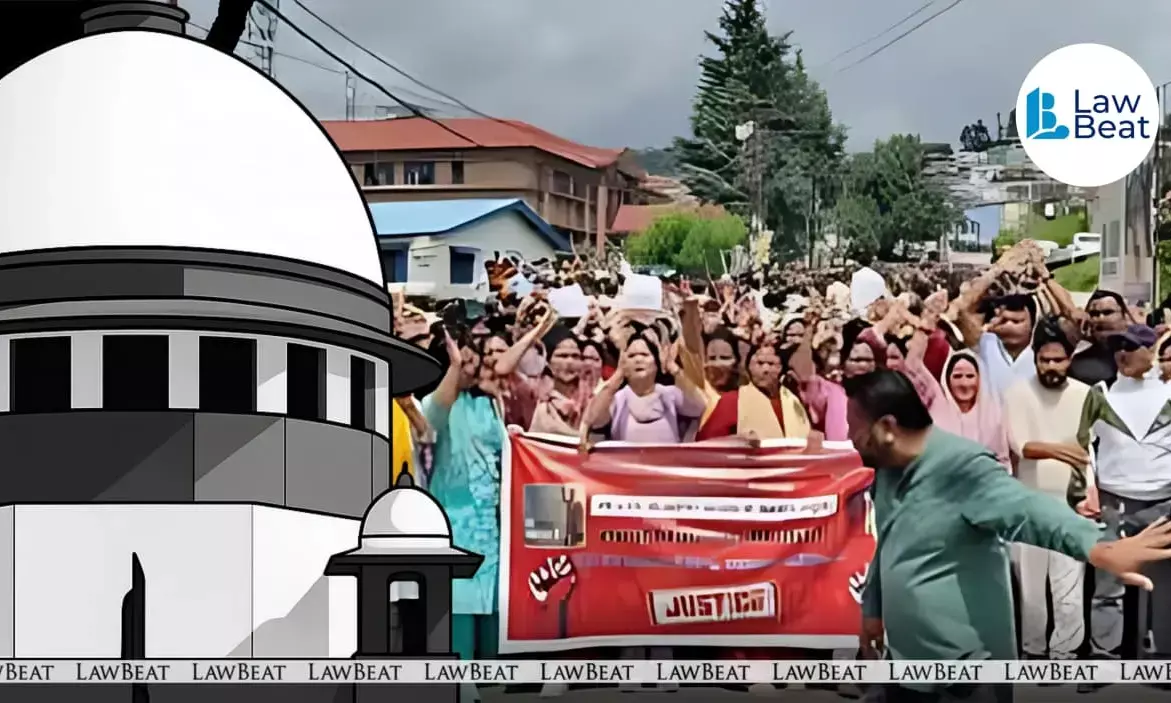Supreme Court Acquittal in ‘Little Nirbhaya’ Case Sparks Protests; CM Dhami Orders Review Plea

Widespread protests erupt in Uttarakhand as the Supreme Court overturns a death sentence in the 2014 Kathgodam “Little Nirbhaya” case
The Supreme Court’s September 10, 2025, decision to overturn the conviction and death sentence of prime accused Akhtar Ali in the 2014 Kathgodam “Little Nirbhaya” case has triggered widespread protests in Uttarakhand, with the state government now moving to challenge the verdict.
On Thursday, Chief Minister Pushkar Singh Dhami ordered the officials to approach the Supreme Court with a review petition assailing the acquittal of the accused men in the rape and murder of a six-year-old girl from Pithoragarh. He also emphasized that a robust legal team should be constituted to diligently prosecute the case.
A three-judge bench of Justices Vikram Nath, Sanjay Karol and Sandeep Mehta set aside the conviction of Ali and Prem Pal Verma, who were found guilty of raping and murdering a minor girl in Kathgodam by the trial court, a decision that was upheld by the High Court. The trial court had awarded the death penalty to Akhtar Ali, which was also upheld by the Uttarakhand High Court. His co-accused, Prem Pal, had been sentenced to seven years in prison. Both were ordered to be released unless required in other cases by the Supreme Court.
The apex court found that the prosecution’s case rested entirely on circumstantial evidence riddled with inconsistencies. The bench highlighted that the motive was not established, the “last-seen” theory was contradicted, and critical witnesses had not been examined. Even the DNA evidence, considered one of the strongest planks in modern trials, was found unreliable, having been prepared by a botany expert rather than a qualified DNA specialist. Stressing that capital punishment requires the highest degree of certainty, the top court held that lingering doubts about guilt made sustaining the conviction unsafe.
The Supreme Court emphasised that capital punishment is irreversible and must only be imposed in the “rarest of rare” cases, citing the landmark rulings in Bachan Singh v. State of Punjab (1980) and Machhi Singh v. State of Punjab (1983). Court’s reasoning underscored that awarding the death penalty on a circumstantial case riddled with loopholes would set a dangerous precedent.
This judgment reignited debate on when the “rarest of rare” doctrine should apply.
The verdict has been met with anger and anguish in Uttarakhand. As per media reports, on September 14, in Pithoragarh, hundreds of protestors gathered at Ramlila Ground demanding justice for the victim. Demonstrations were also reported in Jauljibi, where locals and activists accused the system of failing the family.
The victim’s relatives said they had not been informed about the Supreme Court hearings and learned of the acquittal through others. The girl’s uncle even threatened self-immolation if the government did not act swiftly to challenge the ruling.
